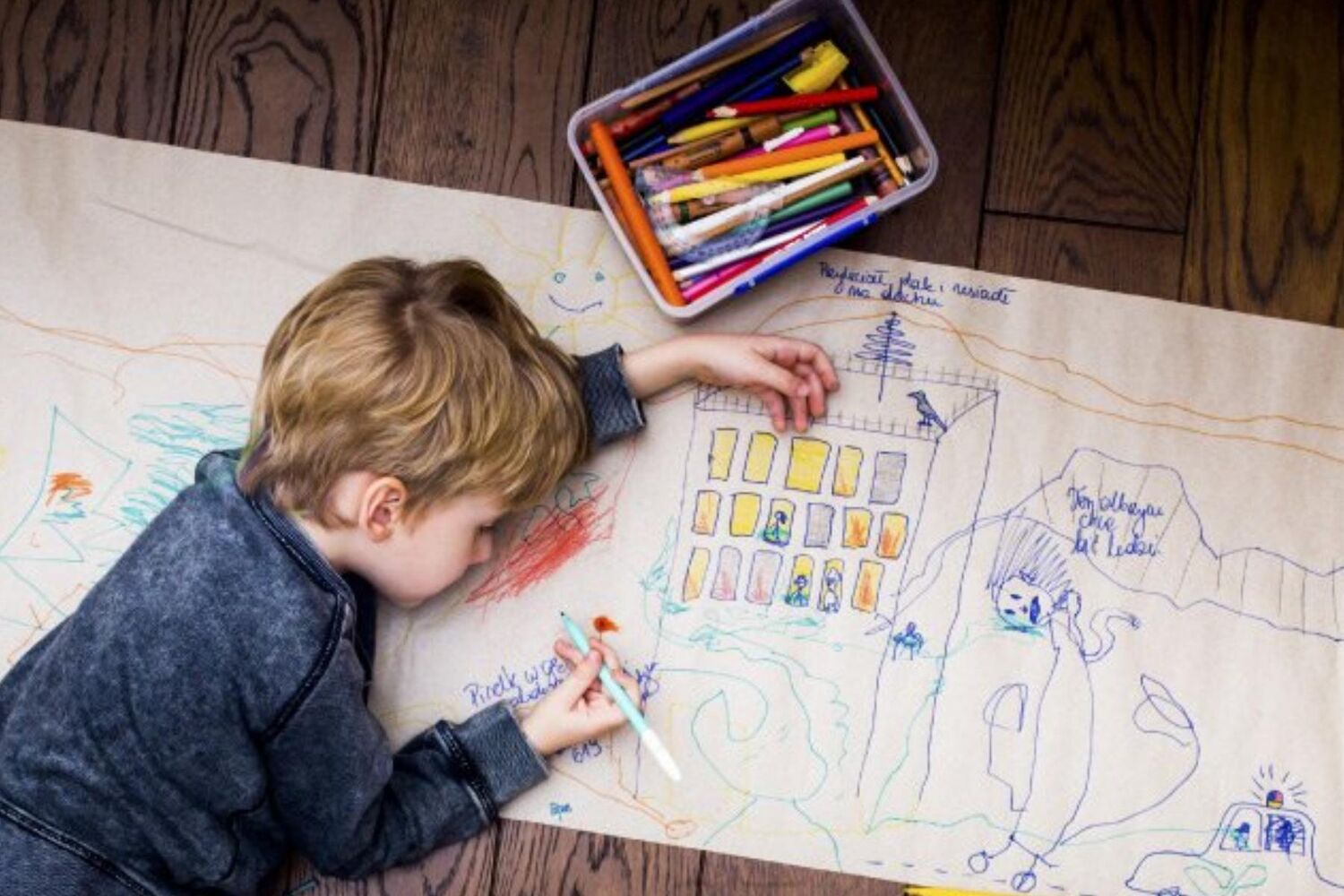For the past five years, MacKillop has been delivering Therapeutic Life Story Work (TLSW): a creative process to help young people in care express in pictures, words or colours, their feelings about how the loss of family and home has impacted their life.
Working with Deakin University, an evaluation on the program has identified the impact of the program and how it has positively supported young people in care who have participated in TLSW.
MacKillop’s Meisha Taumoefolau has witnessed the profound impact going through the TLSW process has had on children and young people who had previously known very little about their background.
“TLSW is a nine-month process, where we review case notes, talk to previous carers or members of the birth family before meeting with the young person to record information about their life on a large roll of paper.
We do this slowly and at a pace where they are ready to receive and process what can sometimes be confronting information. As aspects of their lives are revealed, they often have questions and we help them find answers which helps them understand their background and ultimately helps them begin to process unresolved anger and grief.
Eleven-year-old Jason* had been in foster care for four years as his Mum had difficulty coping with mental health problems and he had very little understanding of his background before starting TLSW.
Supported by his foster carers, Jason worked with Meisha to understand his past life and why his mother was unable to care for him. He had experienced trauma in his family home and TLSW was able to help him understand his mum’s illness. It also helped him understand that his Mum had her own experience of trauma which impacted her ability to make certain decisions for her children.
This transparency has been life changing for Jason. His understanding of who he is and where he has come from has helped him understand that his mum loves him but that her makes it difficult for her to care for him and his siblings. He accepts his mum’s struggles in life which means that their contact and visits are more calm and loving. They are developing a warm relationship which is based around understanding and forgiveness.
While working through TLSW, Jason discovered that he comes from an Aboriginal and Torres strait Islander background and he has gained great strength from connections he is making with mentors from his community. It also gave Jason the skills to talk about his emotions and what he wants. He can identify who he feels safe with and now has a sense of security that allows him to dream about his future. He knows what he wants to do with his life as he wants to build a home on his foster carer’s property and care for them and their animals.
Meisha adds, “the findings of the Deakin evaluation echo the experiences we have observed from supporting young people in TLSW.
“The research shows that the program has had a hugely positive effect on those who participated. Recorded improvements in emotional intelligence, alongside a marked decrease in trauma behaviours and hyperactivity are having a significant positive influence in the lives of young people.
You can’t begin to move forward until you understand your past and we want to see every child and young person in care get the chance to learn about their past and begin to heal.






